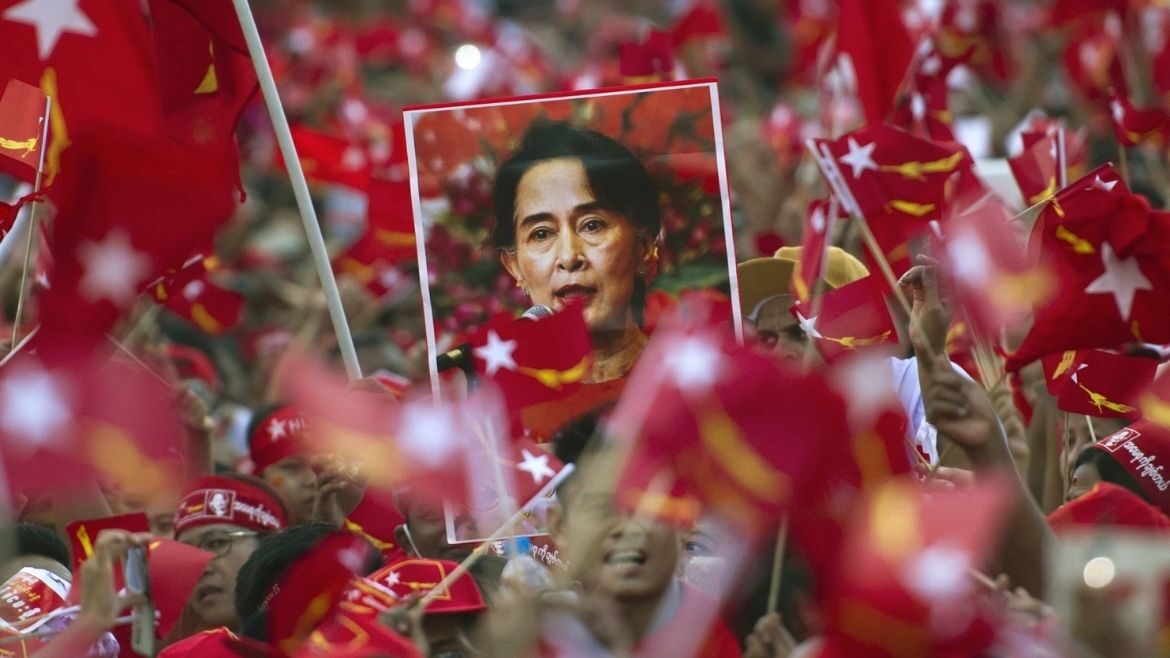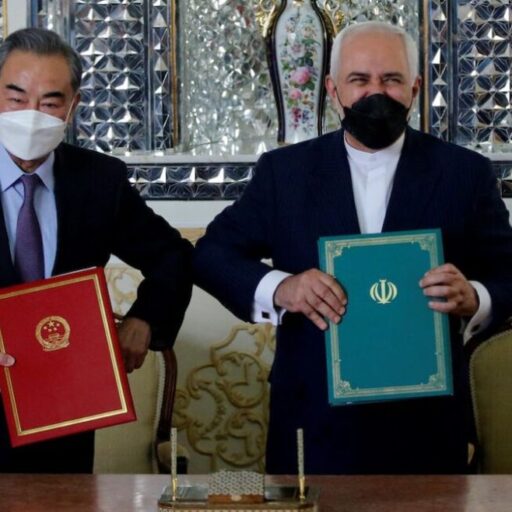After being under house arrest for more than one-and-a-half decades since 1989, Aung San Suu Kyi undertook her first trip outside Myanmar in May, which was to a World Economic Forum conference in Bangkok. This was quickly followed, after a week at home, by visits to Switzerland (to the International Labour Organization), Norway (to receive the Nobel Peace Prize), Ireland, Britain and France, lasting for more than two weeks. She gave her Nobel Prize acceptance speech 21 years after it was awarded.
It came as no surprise that Suu Kyi’s international visits neither included India nor China. Over the years, while China’s support to the military regime in Myanmar had been clear and consistent, India’s approach has been ambiguous. Visiting India before China or vice versa during her first foreign tours would have led to speculation about her preference for one over the other. Instead, she chose to go to European countries that have been steadfastly supporting her cause for two decades, and this would have been in keeping with what her loyal followers in Myanmar would have wanted. There have been mutterings in the Association of South-east Asian Nations that she should have sought to pay her respects to the regional grouping first, but given ASEAN’s comparative indifference to her plight, this is hardly a sustainable argument. The Chinese media have reported on her visits, but have maintained an eloquent silence on their results or implications.
European governments bestowed on Suu Kyi the kind of attention that is usually reserved for heads of State. She also received an enthusiastic welcome from the general public everywhere and shared the stage with the rock star, Bono, in Ireland — he had been one of her noted protagonists. The media attention, public support and the official honour paid to her are a tribute to her remarkable capacity — like that of the other world icons such as the Dalai Lama and Nelson Mandela — to suffer isolation for decades and yet uphold the principles that they hold dear.




